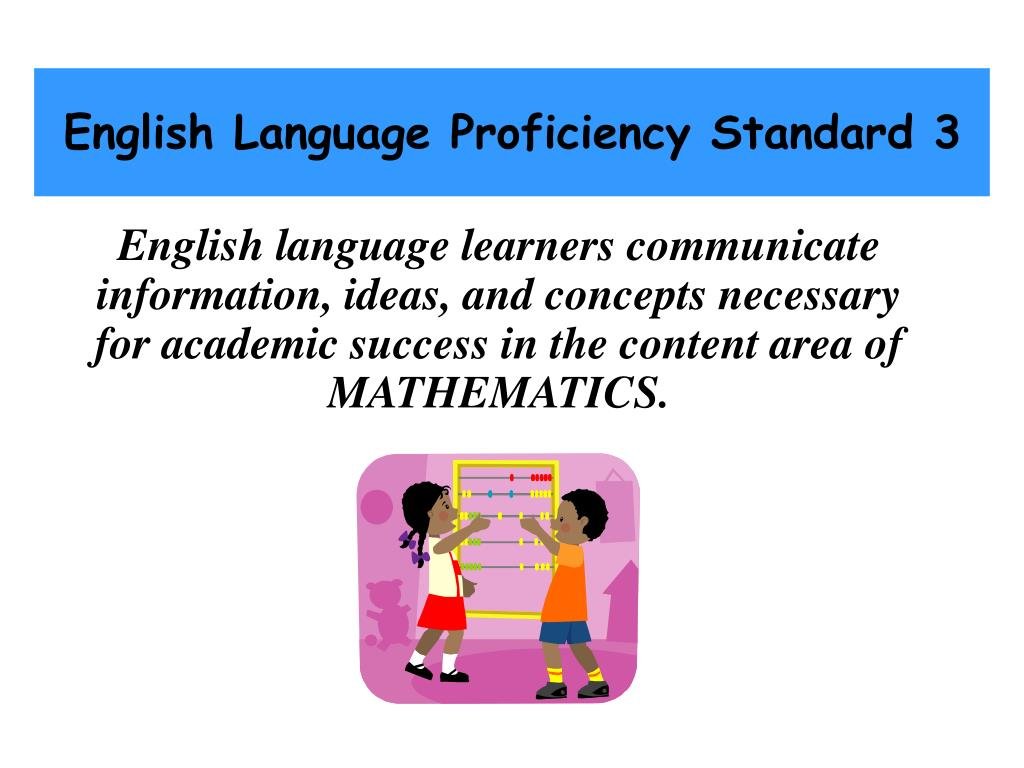
By Prof. Nassir Hussein Kahin, Journalist, Teacher, Writer, Educator, International Affairs Writer, Managing Editor, bridgingsomaliland.com and Founder of Somaliland Unity & Recognition Initiative (SURI}
To President Abdirahman Mohamed Abdillahi “Cirro,” the Minister of Education, and the Somaliland Commission for Higher Education
Education is the engine of nation-building. No country can stand tall in the world without an educated generation capable of thinking critically, writing clearly, and leading effectively. And yet, Somaliland today faces a deep crisis in higher education.
Across our universities, thousands of young people are enrolled, but too many graduate without the ability to compose a single coherent paragraph in English or Somali, let alone research, analyze, and write the kinds of essays and reports expected of university graduates. Diplomas are awarded, ceremonies are held, but the intellectual foundation is often missing. This is not education. This is deception—both of our youth and of our nation.
The Language Gap: A National Emergency
The majority of our public school graduates enter universities where the medium of instruction is English, but they lack even the most basic skills in the language. Imagine asking a student to study law, engineering, or medicine in a language they can barely read or write. The result is inevitable: confusion, memorization without comprehension, and degrees without real qualifications.
A Call for Admissions Standards
In North America and the UK, no student can enter university without demonstrating language proficiency. International students must pass standardized tests such as IELTS or TOEFL before being admitted. Why should Somaliland accept less for its own children?
We respectfully urge the Commission for Higher Education to establish clear university admissions standards, including:
1. Language Proficiency Requirement – High school graduates should be required to pass an English placement exam (modeled on IELTS/TOEFL) before starting university programs in English.
2. Foundation/Bridging Year – Students who do not meet the standard should complete at least one year of intensive English and academic skills training before admission to a degree program.
3. No Diplomas Without Competence – Universities must not be allowed to issue diplomas or degrees to students who cannot demonstrate the ability to write, speak, and research at a university level.
4. Independent Oversight – The Commission should conduct regular reviews and enforce accountability, closing diploma mills that compromise quality for profit or tribal patronage.
The Role of Leadership
Mudane Madaxweyne, as the President, you carry the ultimate responsibility to safeguard the intellectual future of Somaliland. Minister of Education, you are the custodian of our children’s minds. Members of the Commission for Higher Education, you are entrusted with ensuring that higher education is not reduced to a factory of meaningless certificates.
If Professor Hussein Kahin, one of Somaliland’s most respected educators, were alive today, he would not tolerate this decline. His dream was a generation that could think, write, and lead. We must not betray that legacy.
A Nation’s Future at Stake
Somaliland’s democracy, economy, and even its quest for international recognition depend on the strength of its educated citizens. Without urgent reform, we risk producing graduates unprepared for the responsibilities of nationhood.
The solution is within our reach: set real standards, demand accountability, and give our youth the tools they need to succeed.
To the people of Somaliland, let us unite in demanding that education in our country be about knowledge, not just certificates. The future of our nation is too important to be left in the hands of diploma mills and unchecked mediocrity.
Education is our nation’s lifeline. Let us revive it before it is too late.
Sincerely,
Prof. Nassir Hussein Kahin
On behalf of the Late Pof. Hussein Kahin Foundation